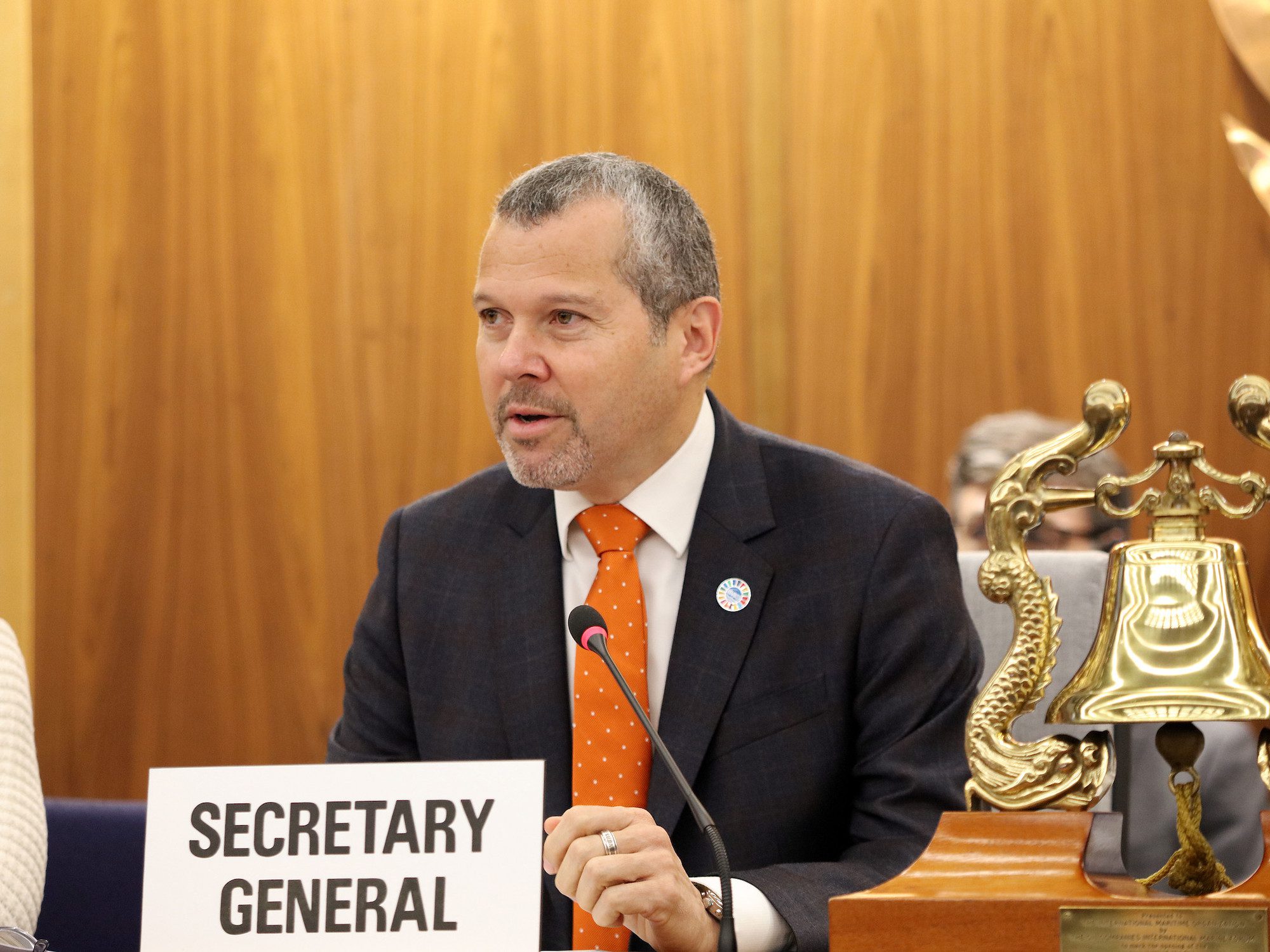As the International Maritime Organization convenes this week to vote on its Net-Zero Framework, the Wall Street Journal Editorial Board has issued a sharp rebuke of what it characterizes as a global carbon tax that bypasses democratic accountability.
In an opinion piece published today, the Editorial Board argues that the IMO’s proposed framework represents “the ultimate in taxation without representation,” noting that “this is the first instance we can find of the U.N. claiming the ability to levy a tax—the revenues from which will be paid directly into a U.N.-controlled fund.”
The framework would impose charges of $100 or $380 per metric ton of carbon dioxide that ships emit above certain limits, potentially generating $10 billion to $12 billion annually in revenue. The Editorial Board warns that these costs could increase global shipping costs by as much as 10%, directly impacting American households through higher prices on imported goods.
Unlike traditional U.N. funding, where roughly 90% of revenue comes from governments accountable to their own taxpayers, this carbon tax would be “paid by ship owners directly into a new ‘Net Zero Fund’ created by the agency,” managed by IMO staff. The Editorial Board notes that beyond supporting green shipping innovation, the IMO also plans to use funds for “just-transition initiatives in developing countries” and to “mitigate negative impacts” of climate change on “vulnerable States.”
“In other words, this is another income redistribution scheme for whatever ideas the U.N. bureaucracy deems worthy,” the Editorial Board states.
The opinion piece raises concerns about governance, questioning how tax rate increases would be decided by a “170-plus member ‘committee’ under the aegis of the IMO,” with the Editorial Board noting that voters in “Boston, Berlin or Bangkok” would have little ability to influence such decisions.
The Editorial Board suggests that Western governments’ support for the IMO plan reflects an attempt “by climate-obsessed politicians to entrench their agenda before voters in democracies can kill it,” citing growing voter opposition to net-zero climate policies across the U.S. and Europe.
The Trump Administration has threatened sanctions against countries voting in favor of the measure. The Editorial Board concludes that “President Trump will do Americans and the entire democratic world a favor if he can scare the IMO into thinking twice about this global carbon-tax plan.”
The IMO’s Extraordinary Session of the Marine Environment Protection Committee (MEPC E.2) is meeting in London from October 14-17 to consider formal adoption of the Net-Zero Framework. If adopted, the framework would likely enter into force in 2027, becoming mandatory for large ocean-going ships over 5,000 gross tonnage, which collectively emit 85% of total CO2 emissions from international shipping.
Despite the U.S. opposition, the framework has received backing from the European Union, which views it as “a significant milestone” and calls for its adoption. Major shipping industry associations, representing over 80% of the world merchant fleet, have also endorsed the package, arguing that “only global rules will decarbonise a global industry.”

 Join The Club
Join The Club











